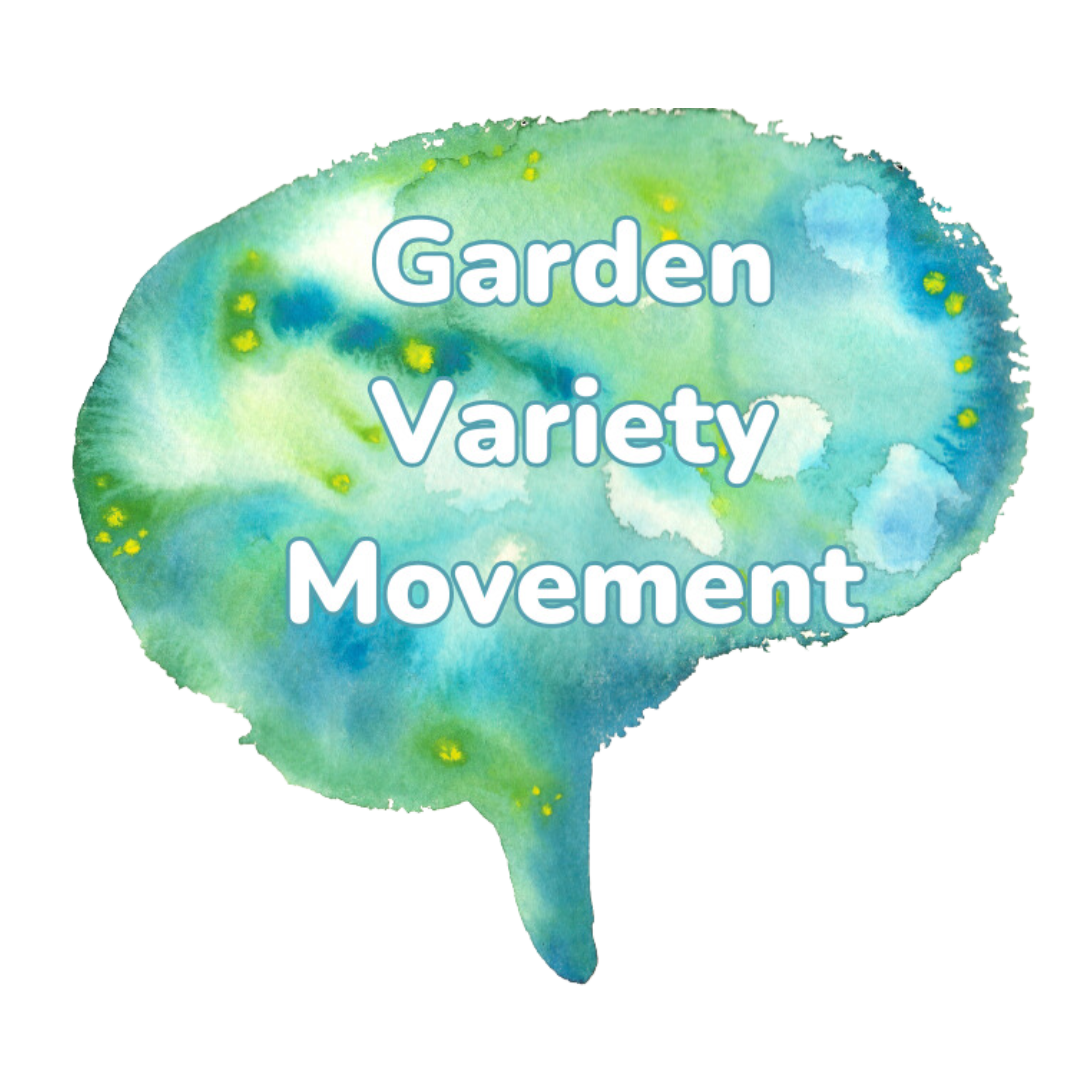
Blog through the Fog
START HERE: Living with Post Concussion Syndrome
Life with post concussion syndrome is bewildering, confusing, and painful in endless ways. If you’ve found yourself here, then you are probably almost desperate to find a solution to your post concussion syndrome and my heart goes out to you. Start here to read tips on how to relate to yourself, family, friends, and work as you navigate post concussion syndrome.
Gently Healing Your Brain: Yoga for Concussions
What is Yoga for Concussions and how does it specifically support brain health? What style of yoga is best for someone suffering from concussion? Find out how to practice yoga even when you are symptomatic and what styles suit your situation best.
Oops!... I Did It Again: How to use Protocols if you experience another head injury
This article is helpful if you ever feel like you need a set of instructions for what to do if you hit your head again or have a flare up. Keep it simple: Acknowledge and Rest. Take the pressure off of trying a bunch of different things, making decisions, and therefore expending energy that should be conserved in the period immediately following a head injury or flare up.
Quick Check In : How do I know if I have a brain injury?
Included are two quick tools for understanding your potential concussion symptoms. These do not replace diagnosis by a health professional. Even if your symptoms seem mild, it's always best to consult a healthcare professional after a head injury to ensure proper evaluation and treatment. If you suspect you have a concussion, you should go to the hospital or seek immediate medical attention if you experience any of the following symptoms:
Loss of consciousness
Severe or worsening headache
Confusion or difficulty staying awake
Seizures or convulsions
Weakness, numbness, or tingling in arms or legs
Blurred or double vision
Slurred speech
Severe neck pain
Persistent nausea
Why you may hesitate to get your hair cut as a TBI survivor: Spoon Theory
Debilitating fatigue and chronic pain are some of many concussion symptoms that can disrupt your life. Managing symptoms by understanding your capacity and how much rest you need will help you approach everything with more ease. Learn about Spoon Theory and how you can clearly advocate for your needs out in the world.
Energy, Tolerance, Capacity: Self-Assessment Post-Injury
Discovering what your actual capacity is and pacing yourself are essential to your healing. Without pacing yourself and resting before you become exhausted or triggering a symptom flare, you can further delay your healing. Learn about the battery analogy and other ways of looking at your most precious asset after brain injury: your energy.






